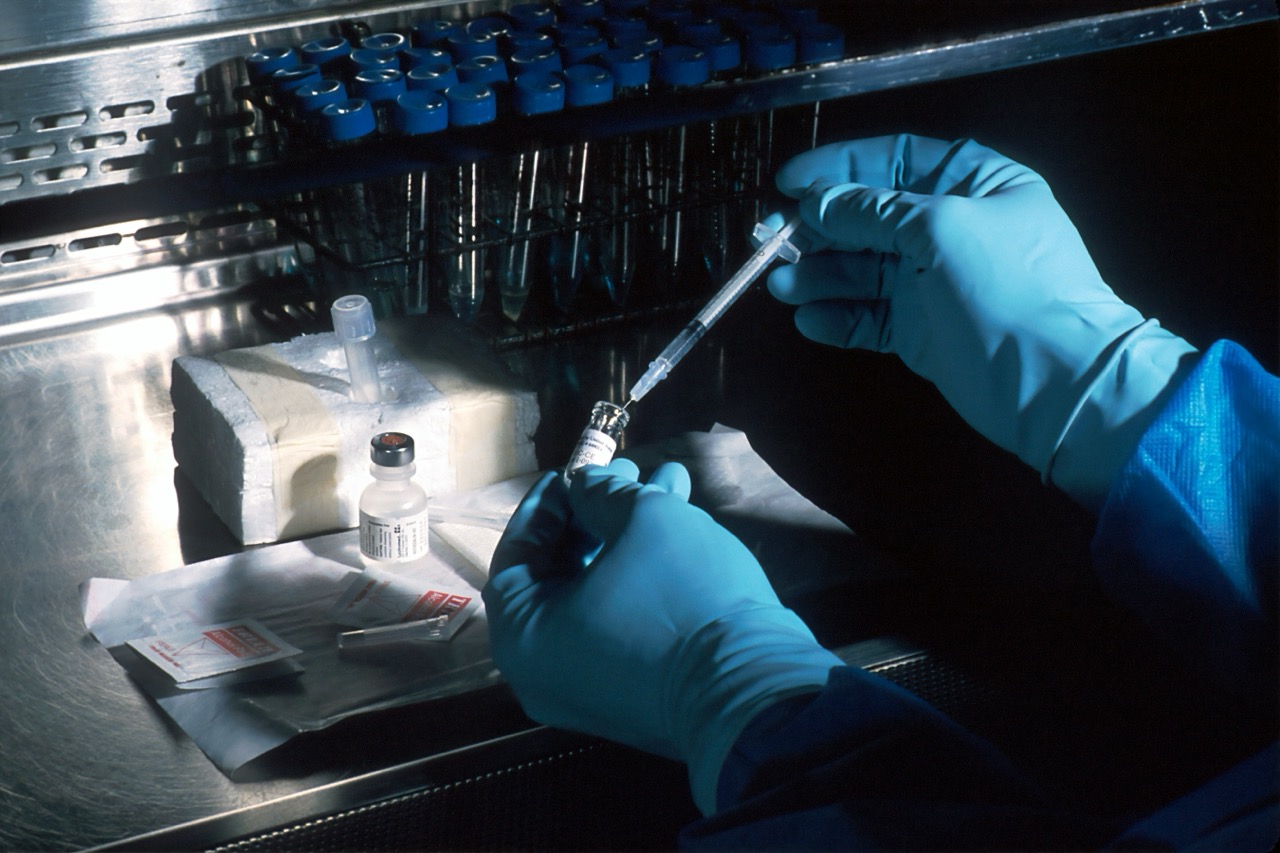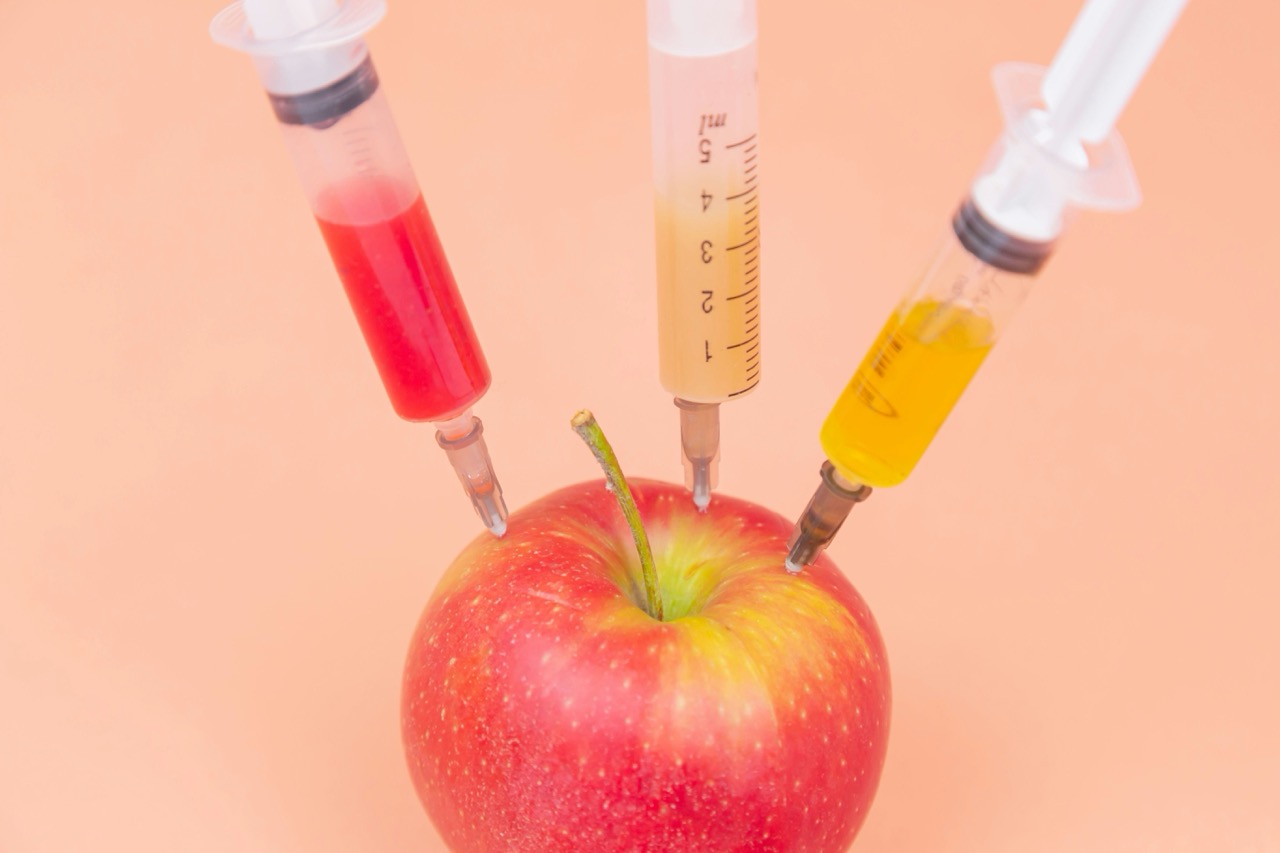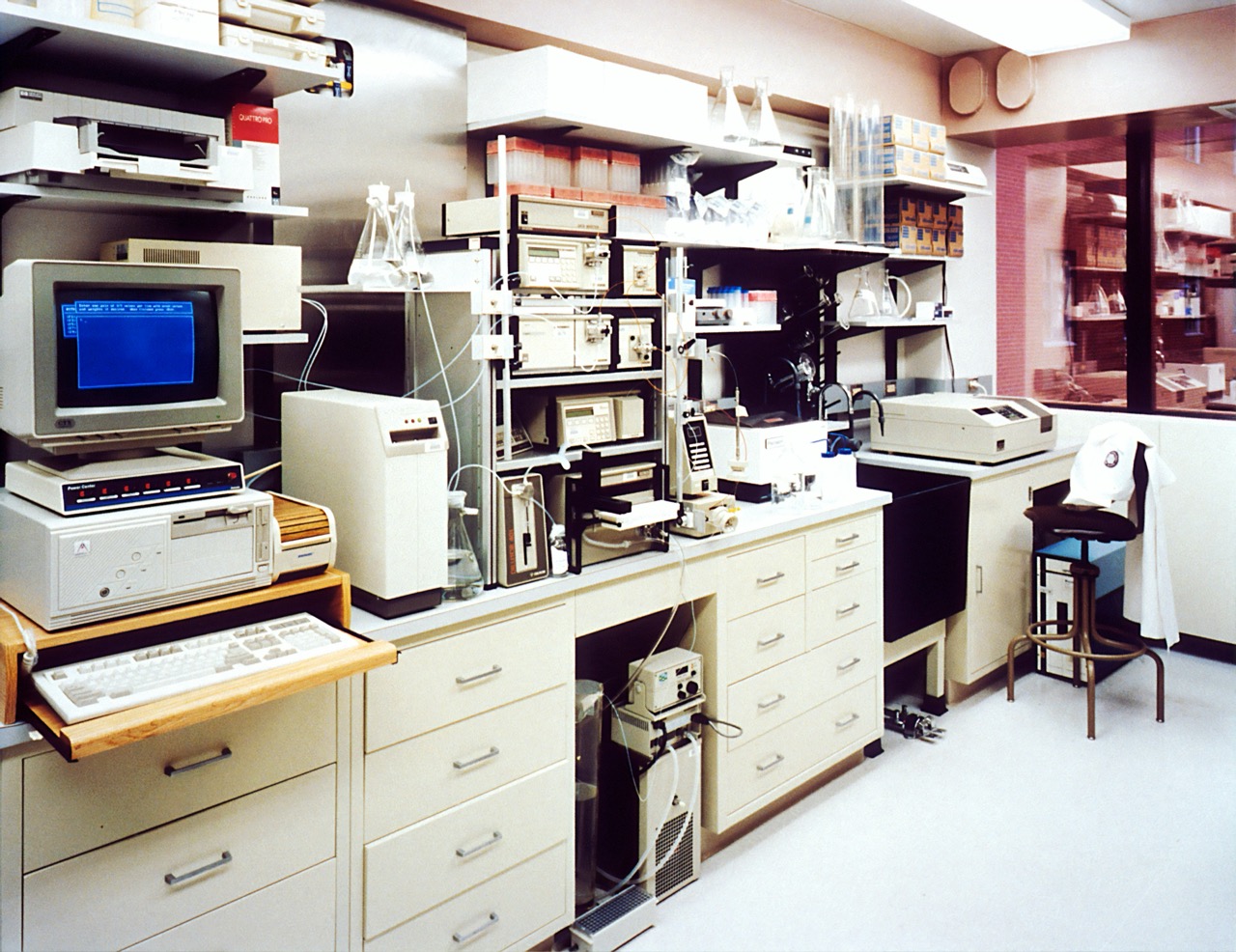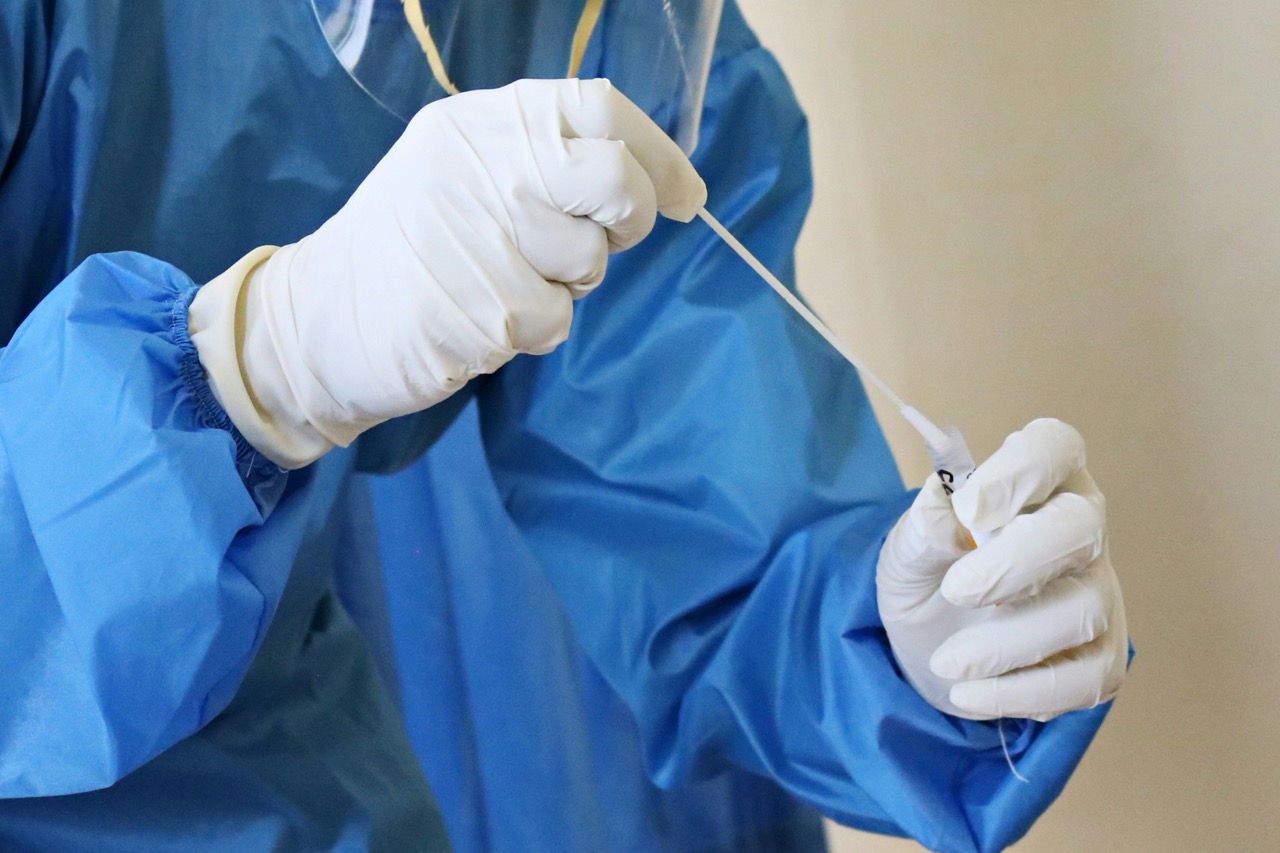Human Papillomavirus (HPV) is one of the most common sexually transmitted infections (STIs) globally, with millions of new infections occurring each year. While many people may associate an HPV diagnosis with stigma, fear, or uncertainty, it is essential to recognize that having HPV does not preclude one from having healthy, fulfilling relationships. This article aims to explore the complexities of navigating relationships with HPV, breaking down facts and myths, understanding the emotional implications, and offering strategies for fostering trust and communication.
Understanding HPV: Facts and Myths Demystified
HPV is a group of more than 150 related viruses, and it is primarily spread through intimate skin-to-skin contact. Many people are surprised to learn that most sexually active individuals will contract at least one type of HPV at some point in their lives, often without knowing it. While some strains of HPV can lead to serious health issues such as cervical cancer, others may cause benign conditions like warts. This duality can lead to considerable misinformation and misconceptions about the virus and its implications for sexual health and relationships.
One common myth is that HPV only affects women, but this is untrue. Both men and women can contract HPV, and while men are less likely to develop serious health complications, they can still transmit the virus. Additionally, many people believe that an HPV diagnosis inevitably leads to cancer; however, most HPV infections are cleared by the immune system within a couple of years. Understanding these facts is crucial in dispelling the stigma surrounding HPV and promoting informed discussions in relationships.
Moreover, the availability of vaccines and regular screenings has significantly reduced the risks associated with HPV. The HPV vaccine can prevent the most common cancer-causing strains and warts, providing a protective measure for both individuals and their partners. By demystifying HPV and addressing its facts and myths, individuals can approach their relationships with a more informed and positive outlook.
The Emotional Impact of HPV on Relationships
Receiving an HPV diagnosis can trigger a range of emotional responses, including fear, shame, and anxiety. These feelings may not only affect the individual diagnosed but can also ripple through their relationships. Partners might experience confusion or worry about their own health, leading to tension and insecurity. Understanding that these emotions are common can help individuals and couples navigate the initial shock of an HPV diagnosis more effectively.
The stigma associated with HPV can exacerbate feelings of isolation and fear, making it challenging for individuals to discuss their diagnosis openly with partners, friends, or family. This silence can create barriers to intimacy, as partners might avoid discussing sexual health out of concern for hurt feelings or misunderstandings. It is important to recognize that emotional reactions to HPV are valid, and addressing these feelings in a supportive environment can help strengthen relationships.
Moreover, the emotional toll of dealing with HPV can sometimes lead to anxiety about future relationships. Individuals may fear rejection or judgment from potential partners, leading to a reluctance to engage in new romantic endeavors. Building emotional resilience and acknowledging these feelings can empower individuals to approach their dating life with confidence, knowing that HPV is a manageable health issue rather than a definitive barrier to love and connection.
Building Trust and Communication After an HPV Diagnosis
Effective communication is crucial in navigating the challenges posed by an HPV diagnosis. It is essential to have open and honest conversations with partners about the implications of an HPV diagnosis, including the risks, transmission, and necessary precautions. This dialogue helps foster trust, ensuring that both partners feel secure and informed about their sexual health. Establishing a safe space for these discussions can enhance intimacy and connection, allowing partners to support each other through the emotional complexities of HPV.
Educating each other about HPV can also promote understanding and reduce stigma. Couples can engage in research together, attend medical appointments, or seek advice from healthcare providers to ensure they are equipped with accurate information. By taking this proactive approach, partners can work collaboratively to address any fears or misconceptions, which can lead to a more robust emotional bond.
Additionally, practicing empathy and active listening during these discussions can further strengthen relationships. Both partners will likely have different emotional responses to the diagnosis, and validating each other’s feelings is essential. It is crucial to approach these conversations with patience and understanding, recognizing that achieving comfort with the topic takes time and ongoing effort.
Strategies for Maintaining Healthy Relationships with HPV
Maintaining a healthy relationship after an HPV diagnosis involves prioritizing open communication and mutual support. Couples should establish clear boundaries and discuss sexual health regularly, including safe practices such as the use of condoms to reduce transmission risks. This proactive approach underscores the importance of taking responsibility for health while fostering a sense of teamwork and partnership.
Another effective strategy is to focus on building emotional intimacy beyond physical aspects. Engaging in activities that strengthen the emotional connection—such as spending quality time together, sharing personal experiences, or seeking therapy if needed—can help couples navigate the complexities of HPV together. This emphasis on emotional bonding can alleviate some of the anxiety associated with a diagnosis and reinforce the idea that the relationship encompasses more than just sexual health.
Furthermore, it is beneficial to seek support from healthcare professionals, counselors, or support groups for individuals with HPV. These resources can provide valuable information, coping strategies, and a sense of community, helping couples feel less isolated in their experiences. Support networks can empower individuals and couples to embrace their diagnosis and approach their relationships with renewed strength and resilience.
Having a healthy relationship while managing an HPV diagnosis is entirely possible with the right tools and mindset. By understanding the facts about HPV, addressing the emotional impacts, and fostering trust and communication, individuals can cultivate fulfilling relationships despite the challenges posed by this common virus. Through education, support, and open dialogue, couples can navigate their path together, proving that love and intimacy can thrive even in the face of health concerns.










